Home>Gardening & Outdoor>Landscaping Ideas>Why Am I Allergic To Grass Pollen


Landscaping Ideas
Why Am I Allergic To Grass Pollen
Modified: March 24, 2024
Discover why you may be allergic to grass pollen and how landscaping ideas can help minimize your symptoms. Learn more about effective allergy management.
(Many of the links in this article redirect to a specific reviewed product. Your purchase of these products through affiliate links helps to generate commission for Storables.com, at no extra cost. Learn more)
Introduction
Welcome to the wonderful world of landscaping and gardening, where the beauty of nature meets the creativity of human hands. However, for some individuals, this idyllic setting can quickly turn into a nightmare due to grass pollen allergies. If you find yourself sneezing, itching, or experiencing other allergic symptoms when surrounded by lush green lawns and meadows, you might be one of the many people who are allergic to grass pollen. In this article, we will delve into the causes, symptoms, diagnosis, treatment, and prevention of grass pollen allergies, providing you with valuable insights to better understand and manage this common allergen.
Key Takeaways:
- Grass pollen allergies can cause sneezing, itchy eyes, and fatigue. Understanding the symptoms and triggers can help individuals manage their allergies effectively.
- Preventing grass pollen allergies involves monitoring pollen counts, using air filters, and seeking allergist guidance. With proactive measures, individuals can enjoy outdoor activities without the burden of allergic discomfort.
Read more: Why Am I Allergic To Air Conditioning
Understanding Grass Pollen Allergies
Grass pollen allergies, also known as hay fever or allergic rhinitis, are the body’s immune system overreacting to the presence of grass pollen. Grasses are among the most common plants, and their pollen is a potent allergen for many individuals. When someone with a grass pollen allergy inhales the pollen, their immune system perceives it as a threat and releases antibodies to attack it. This triggers the release of histamine and other chemicals in the body, leading to the classic symptoms of allergies.
It’s essential to note that grass pollen allergies are not limited to rural areas; urban settings with manicured lawns and parks can also be sources of significant grass pollen exposure. Understanding the specific triggers and symptoms of grass pollen allergies is crucial for effectively managing this condition.
Grass pollen is typically most prevalent during the late spring and early summer months, coinciding with the peak growing season for grasses. During this time, individuals with grass pollen allergies may experience heightened symptoms, such as sneezing, runny or stuffy nose, itchy or watery eyes, and throat irritation. These symptoms can significantly impact an individual’s quality of life, affecting their ability to enjoy outdoor activities and even disrupting their sleep patterns.
Furthermore, it’s important to recognize that grass pollen can travel over long distances, carried by the wind, and may affect individuals even in areas where the specific grass species are not present. This widespread dispersion of grass pollen underscores the pervasive nature of grass pollen allergies and the challenges they pose for affected individuals.
Causes of Grass Pollen Allergies
The primary cause of grass pollen allergies lies in the body’s immune response to specific proteins found in grass pollen. When an individual with a grass pollen allergy comes into contact with these proteins, their immune system identifies them as harmful invaders and initiates an immune response, leading to the release of histamine and other inflammatory substances. This cascade of reactions results in the classic symptoms of grass pollen allergies.
Grass pollen contains allergenic proteins that can vary depending on the species of grass. Some of the most common grass species that trigger allergies include ryegrass, timothy grass, Bermuda grass, and Johnson grass, among others. Each of these grasses produces its unique pollen with distinct protein compositions, potentially leading to variations in allergic responses among individuals.
Furthermore, factors such as climate and geography play a significant role in the prevalence of grass pollen allergies. Warmer temperatures and higher humidity levels can contribute to increased grass pollen production, potentially exacerbating allergic symptoms during the peak pollen season. Additionally, certain regions with a high concentration of grassy areas may pose a greater risk for individuals susceptible to grass pollen allergies.
It’s important to note that while grass pollen is a common outdoor allergen, individuals can also be exposed to grass pollen indoors. Pollen particles can easily adhere to clothing, pets, and other surfaces, inadvertently introducing them into indoor environments. This indoor exposure can prolong the duration of allergic symptoms, making it essential to implement strategies for minimizing indoor pollen exposure.
Understanding the specific causes and sources of grass pollen allergies is crucial for individuals seeking to manage their symptoms effectively. By identifying the key triggers and implementing targeted preventive measures, individuals can reduce their exposure to grass pollen and alleviate the associated allergic reactions.
Symptoms of Grass Pollen Allergies
Grass pollen allergies can manifest in a variety of symptoms, ranging from mild to severe, and significantly impact an individual’s overall well-being. Common symptoms of grass pollen allergies include:
- Sneezing: Individuals with grass pollen allergies often experience frequent and uncontrollable bouts of sneezing, especially when exposed to high concentrations of grass pollen.
- Nasal Congestion: Allergic reactions to grass pollen can lead to nasal congestion, causing difficulty in breathing through the nose and a sensation of pressure in the sinuses.
- Runny or Stuffy Nose: Excessive nasal discharge and nasal congestion are typical symptoms of grass pollen allergies, contributing to discomfort and irritation.
- Itchy, Watery Eyes: Allergic conjunctivitis, characterized by itching, redness, and excessive tearing of the eyes, is a common symptom experienced by individuals with grass pollen allergies.
- Throat Irritation: Postnasal drip and throat irritation may occur as a result of allergic reactions to grass pollen, leading to a persistent cough and discomfort in the throat.
- Wheezing and Shortness of Breath: In some cases, grass pollen allergies can trigger asthma symptoms, including wheezing, chest tightness, and difficulty breathing.
- Reduced Sense of Smell and Taste: Nasal congestion and inflammation caused by grass pollen allergies can impact an individual’s sense of smell and taste.
- Fatigue and Irritability: Prolonged exposure to grass pollen and persistent allergic symptoms can lead to fatigue, irritability, and difficulty concentrating.
It’s important to recognize that the severity and combination of symptoms can vary among individuals, with some experiencing mild discomfort and others facing more pronounced allergic reactions. Additionally, the impact of grass pollen allergies extends beyond physical symptoms, affecting an individual’s emotional well-being and overall quality of life.
Understanding the diverse array of symptoms associated with grass pollen allergies is essential for prompt recognition and effective management. By identifying these symptoms and their potential triggers, individuals can take proactive measures to minimize their exposure to grass pollen and alleviate the associated allergic responses.
Wearing sunglasses can help protect your eyes from grass pollen when you’re outdoors. This can help reduce your allergic reactions.
Diagnosis and Treatment
Diagnosing grass pollen allergies typically involves a comprehensive assessment of an individual’s medical history, a physical examination, and specific allergy tests. Allergy testing, such as skin prick tests or blood tests, can help identify the specific allergens triggering the allergic reactions, including grass pollen. By pinpointing the precise allergens responsible for an individual’s symptoms, healthcare providers can develop targeted treatment plans to effectively manage grass pollen allergies.
Once diagnosed, the treatment of grass pollen allergies aims to alleviate symptoms, reduce the frequency of allergic reactions, and improve an individual’s overall quality of life. Common treatment approaches for grass pollen allergies include:
- Antihistamines: These medications help counteract the effects of histamine, a key player in allergic reactions, and can effectively relieve symptoms such as sneezing, itching, and nasal congestion.
- Nasal Corticosteroids: These prescription or over-the-counter nasal sprays can reduce inflammation in the nasal passages, alleviating congestion and other nasal symptoms associated with grass pollen allergies.
- Decongestants: Oral or nasal decongestants may be recommended to provide temporary relief from nasal congestion and sinus pressure caused by grass pollen allergies.
- Allergy Shots (Immunotherapy): For individuals with severe grass pollen allergies, allergen immunotherapy, commonly known as allergy shots, may be prescribed to desensitize the immune system to specific allergens over time, reducing the severity of allergic reactions.
- Eye Drops: Over-the-counter or prescription eye drops can help alleviate symptoms of allergic conjunctivitis, including itching, redness, and excessive tearing of the eyes.
- Asthma Medications: Individuals with asthma triggered by grass pollen allergies may require asthma medications, such as bronchodilators and inhaled corticosteroids, to manage their respiratory symptoms.
Furthermore, non-pharmacological approaches, such as environmental modifications and lifestyle adjustments, play a crucial role in the comprehensive management of grass pollen allergies. These may include minimizing outdoor activities during peak pollen seasons, using air purifiers indoors, regularly washing clothing and bedding to remove pollen particles, and keeping windows closed to prevent pollen from entering indoor spaces.
It’s important for individuals with grass pollen allergies to work closely with healthcare professionals to tailor a personalized treatment plan that addresses their specific symptoms and concerns. By adopting a multifaceted approach to diagnosis and treatment, individuals can effectively manage their grass pollen allergies and lead a more comfortable and fulfilling life, free from the constraints of allergic symptoms.
Read more: Why Am I Feeling Itchy In Bed
Prevention and Management of Grass Pollen Allergies
Effectively preventing and managing grass pollen allergies involves a multifaceted approach that encompasses environmental modifications, lifestyle adjustments, and targeted interventions to minimize exposure to grass pollen and alleviate allergic symptoms. Consider the following strategies for preventing and managing grass pollen allergies:
- Monitor Pollen Counts: Stay informed about local pollen forecasts and plan outdoor activities when pollen levels are lower, typically after rain or in the late afternoon.
- Use Air Filtration Systems: Install high-efficiency particulate air (HEPA) filters in your home’s heating and cooling systems to reduce indoor pollen levels.
- Keep Windows Closed: Limit the entry of outdoor pollen by keeping windows and doors closed, especially during periods of high pollen counts.
- Practice Good Hygiene: Shower and change clothes after spending time outdoors to remove pollen particles from your body and clothing.
- Utilize Allergy-Proof Bedding: Invest in allergen-impermeable mattress and pillow covers to minimize exposure to pollen while sleeping.
- Consider Allergy-Friendly Landscaping: If you are a landscaping enthusiast, opt for low-pollen-producing plants and grasses in your outdoor spaces to reduce allergen exposure.
- Seek Allergist Guidance: Consult an allergist to determine specific allergens triggering your symptoms and develop a personalized management plan, which may include allergy medications and immunotherapy.
- Stay Indoors During Peak Pollen Times: Minimize outdoor activities, especially in grassy areas, during peak pollen seasons to reduce exposure to grass pollen.
- Use Saline Nasal Irrigation: Regularly irrigate your nasal passages with saline solution to flush out pollen and alleviate nasal congestion.
- Wear Sunglasses Outdoors: Wearing sunglasses can help protect your eyes from airborne pollen particles and reduce the risk of allergic conjunctivitis.
By incorporating these preventive measures into your daily routine and living environment, you can effectively manage grass pollen allergies and reduce the frequency and severity of allergic reactions. Additionally, maintaining open communication with healthcare professionals and staying informed about advancements in allergy management can empower individuals to take proactive steps in managing their grass pollen allergies.
Ultimately, a comprehensive approach to prevention and management, coupled with a deep understanding of individual triggers and symptoms, can significantly enhance the quality of life for individuals with grass pollen allergies, allowing them to enjoy the beauty of nature without the burden of allergic discomfort.
Conclusion
Grass pollen allergies, though pervasive and impactful, can be effectively managed through a combination of preventive measures, targeted treatments, and lifestyle adjustments. By understanding the causes, symptoms, diagnosis, and treatment options for grass pollen allergies, individuals can take proactive steps to minimize their exposure to allergens and alleviate allergic reactions, ultimately leading to a more comfortable and fulfilling life.
It’s essential for individuals with grass pollen allergies to stay informed about local pollen forecasts, monitor pollen counts, and make informed decisions about outdoor activities to reduce their exposure to grass pollen. Additionally, seeking guidance from allergists and healthcare professionals can provide valuable insights into personalized management strategies, including the use of allergy medications, immunotherapy, and environmental modifications to create allergy-friendly living spaces.
Furthermore, the importance of maintaining open communication with healthcare providers, staying abreast of advancements in allergy management, and actively engaging in self-care practices cannot be overstated. By adopting a proactive and holistic approach to preventing and managing grass pollen allergies, individuals can regain control over their allergic symptoms and lead a life free from the constraints of allergic discomfort.
Ultimately, the journey toward effectively managing grass pollen allergies is a collaborative effort between individuals, healthcare professionals, and the broader community. By raising awareness, fostering understanding, and implementing targeted interventions, we can create a more supportive and inclusive environment for individuals affected by grass pollen allergies, allowing them to fully embrace the beauty of the natural world without the burden of allergic reactions.
With a comprehensive understanding of grass pollen allergies and a commitment to proactive management, individuals can navigate their daily lives with greater comfort and confidence, enjoying the wonders of outdoor spaces while minimizing the impact of allergic symptoms.
Frequently Asked Questions about Why Am I Allergic To Grass Pollen
Was this page helpful?
At Storables.com, we guarantee accurate and reliable information. Our content, validated by Expert Board Contributors, is crafted following stringent Editorial Policies. We're committed to providing you with well-researched, expert-backed insights for all your informational needs.



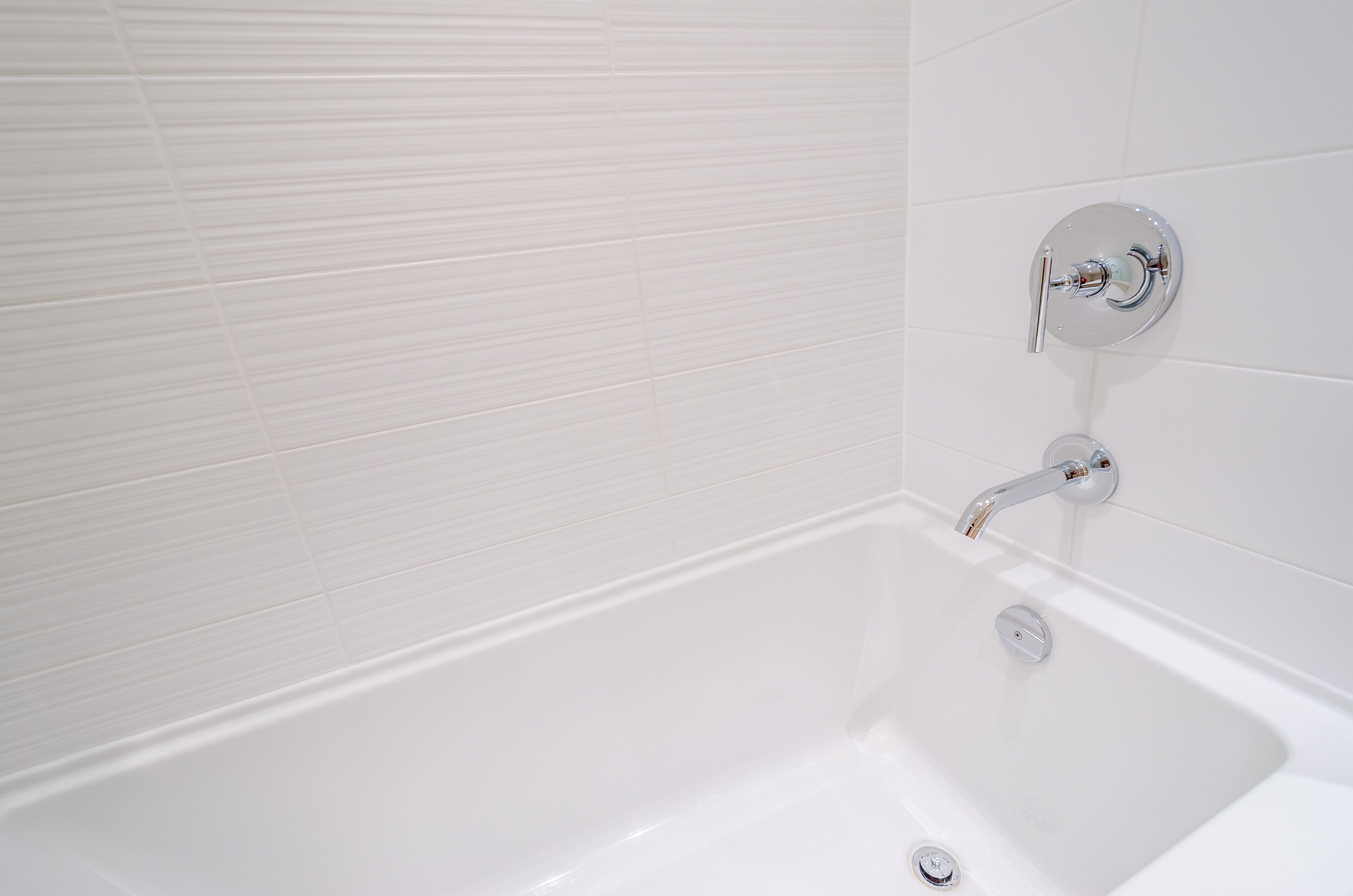
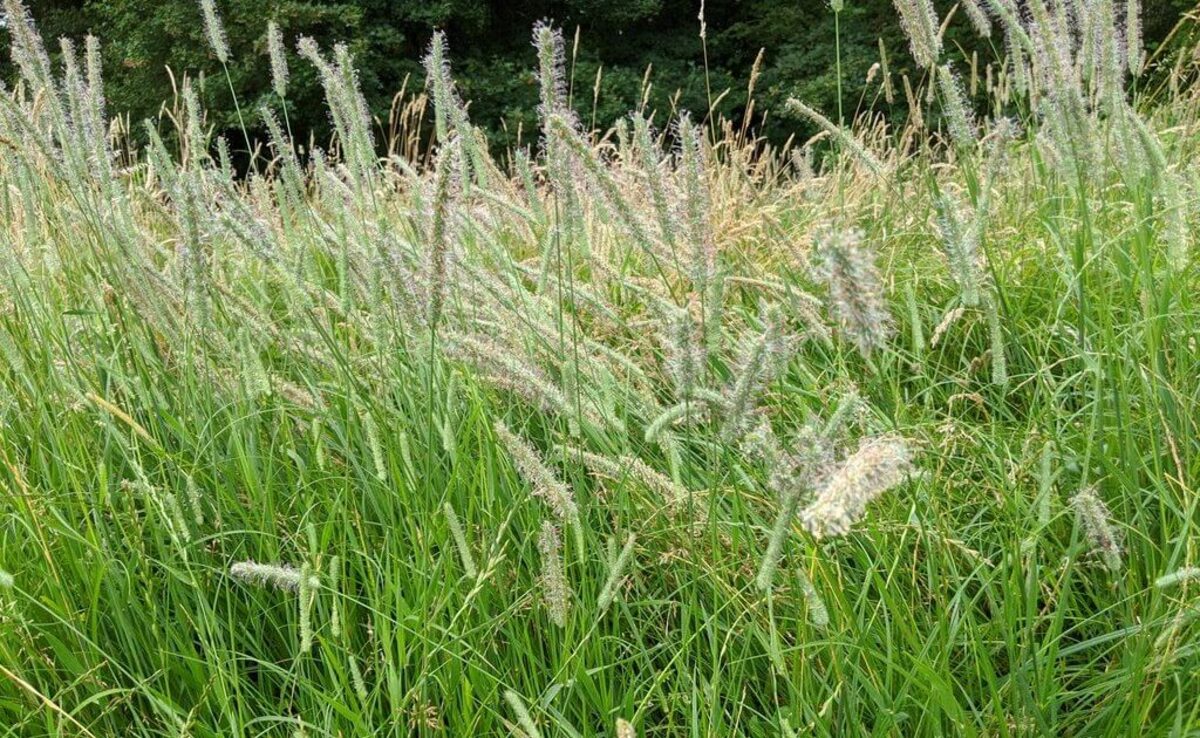
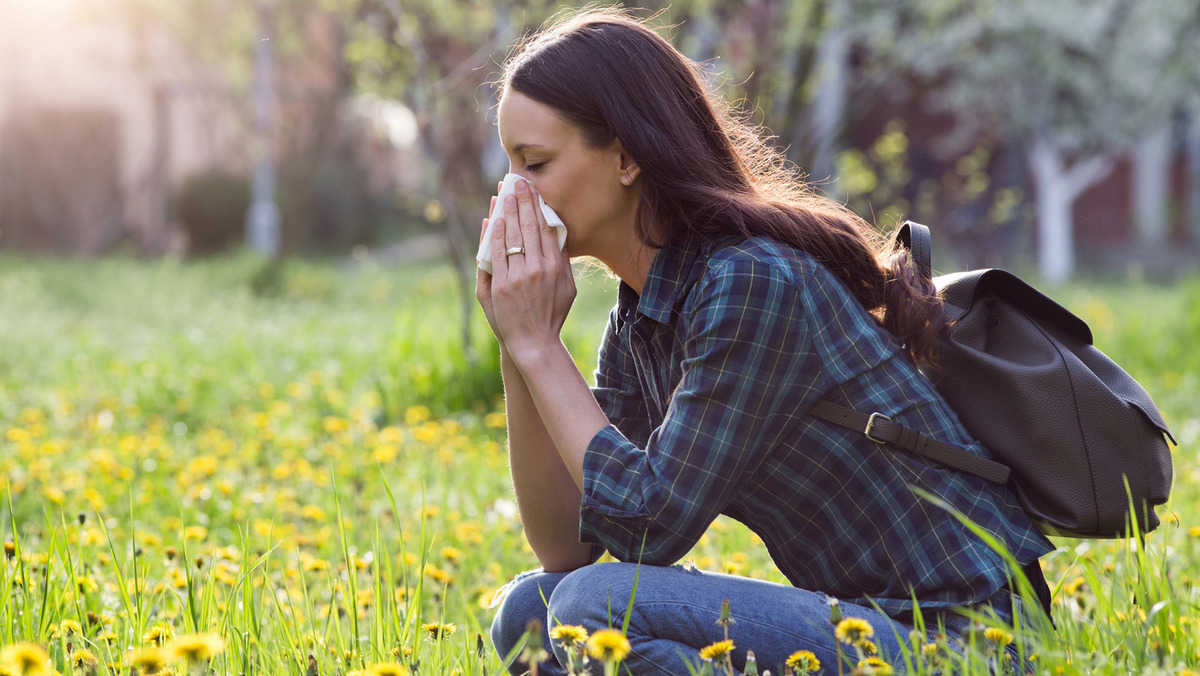
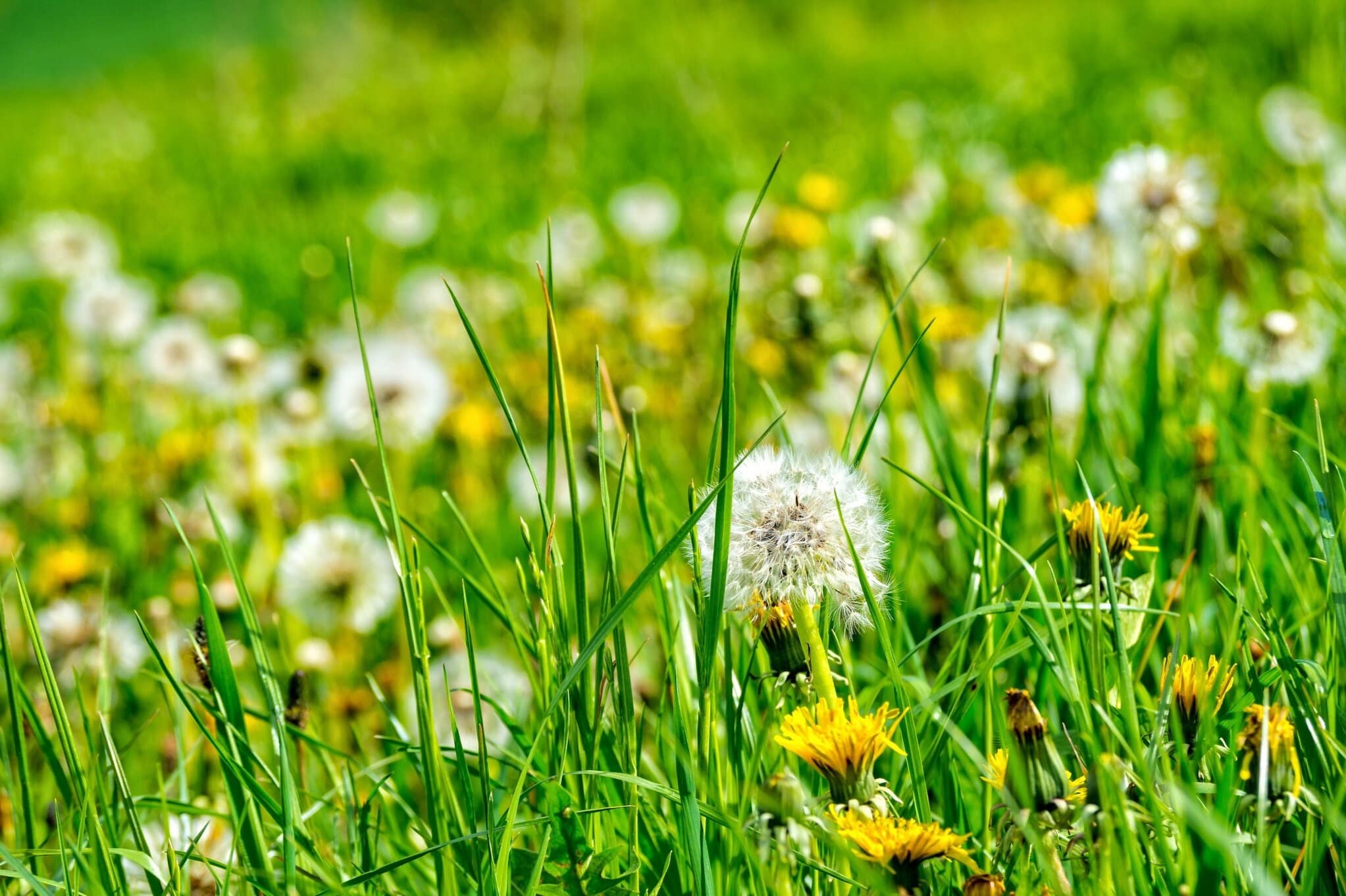

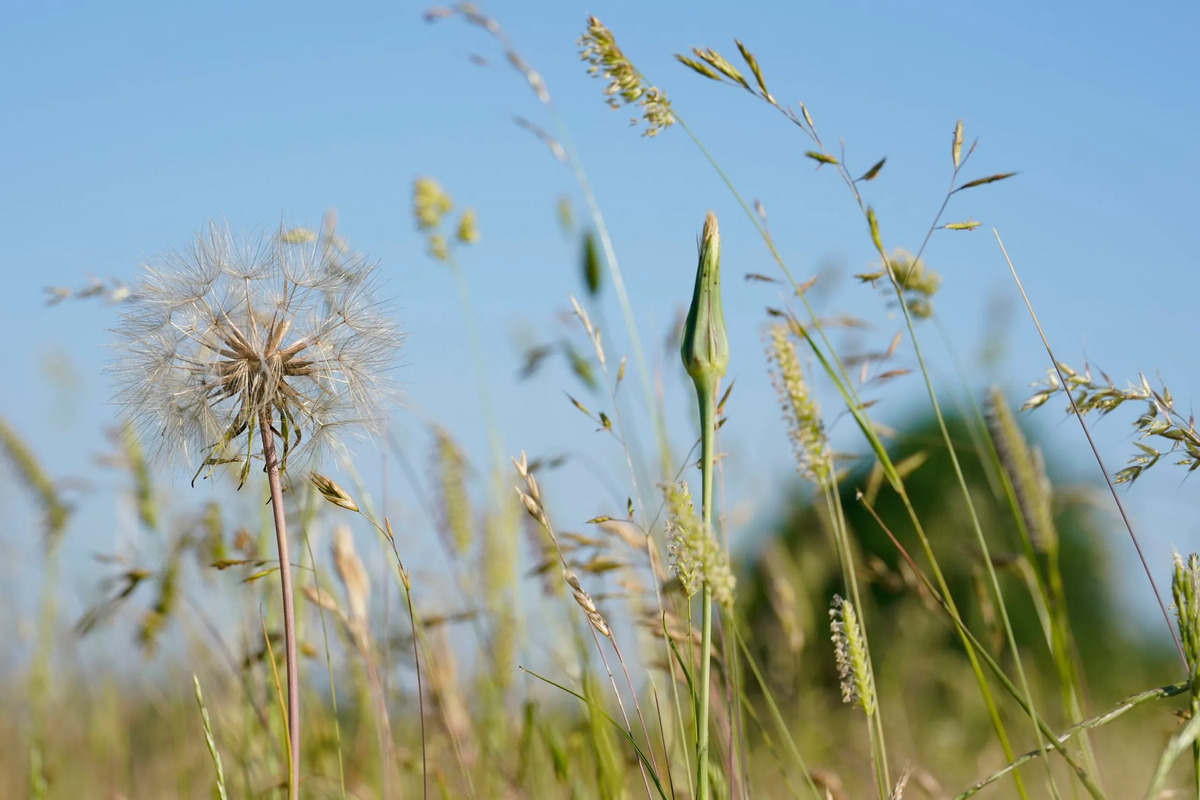
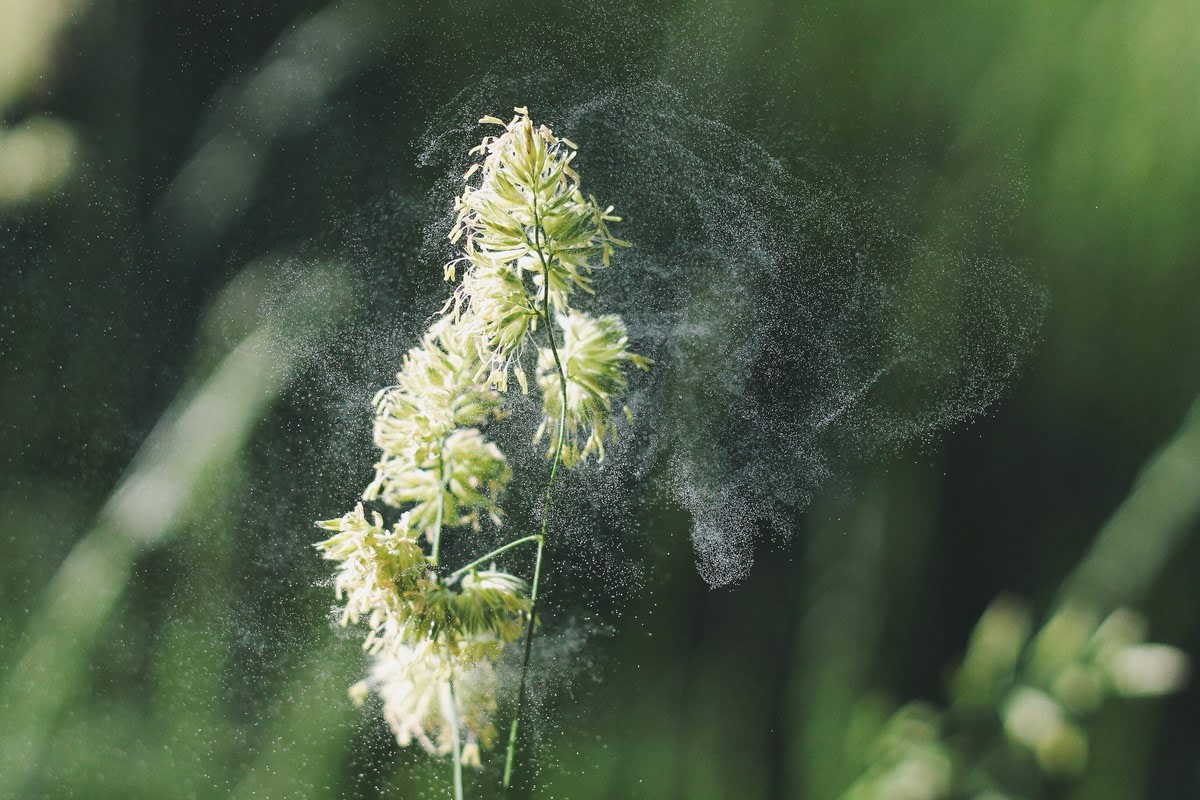


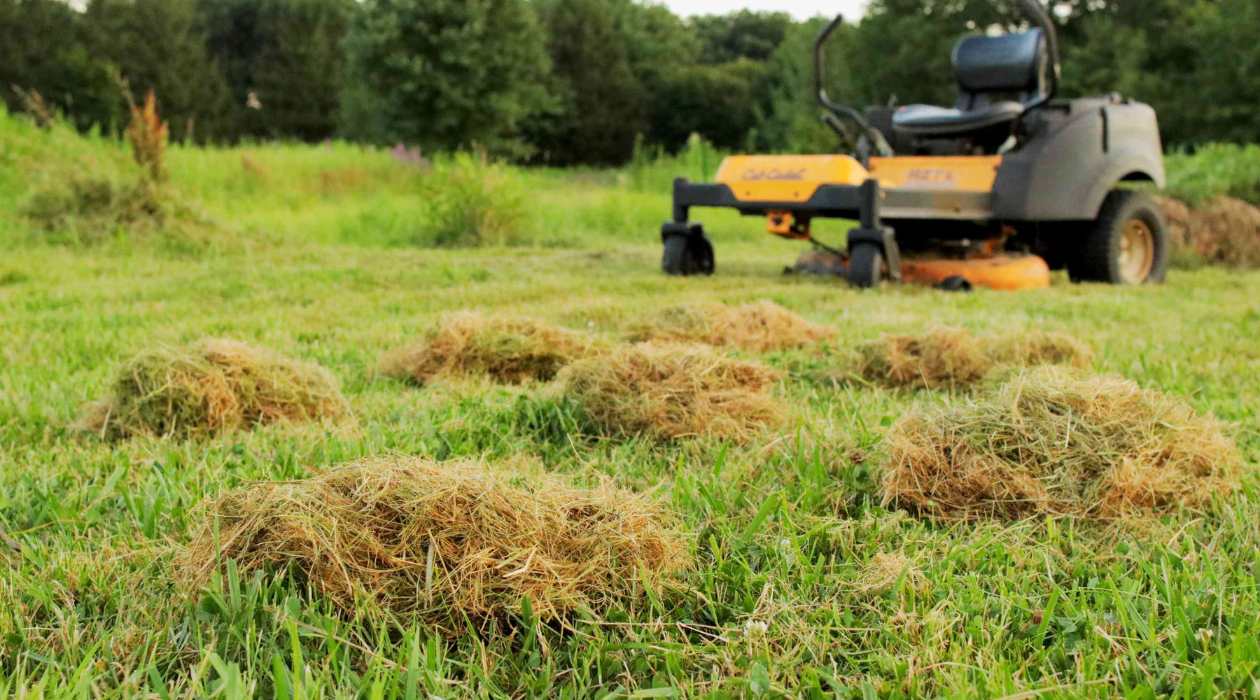


0 thoughts on “Why Am I Allergic To Grass Pollen”